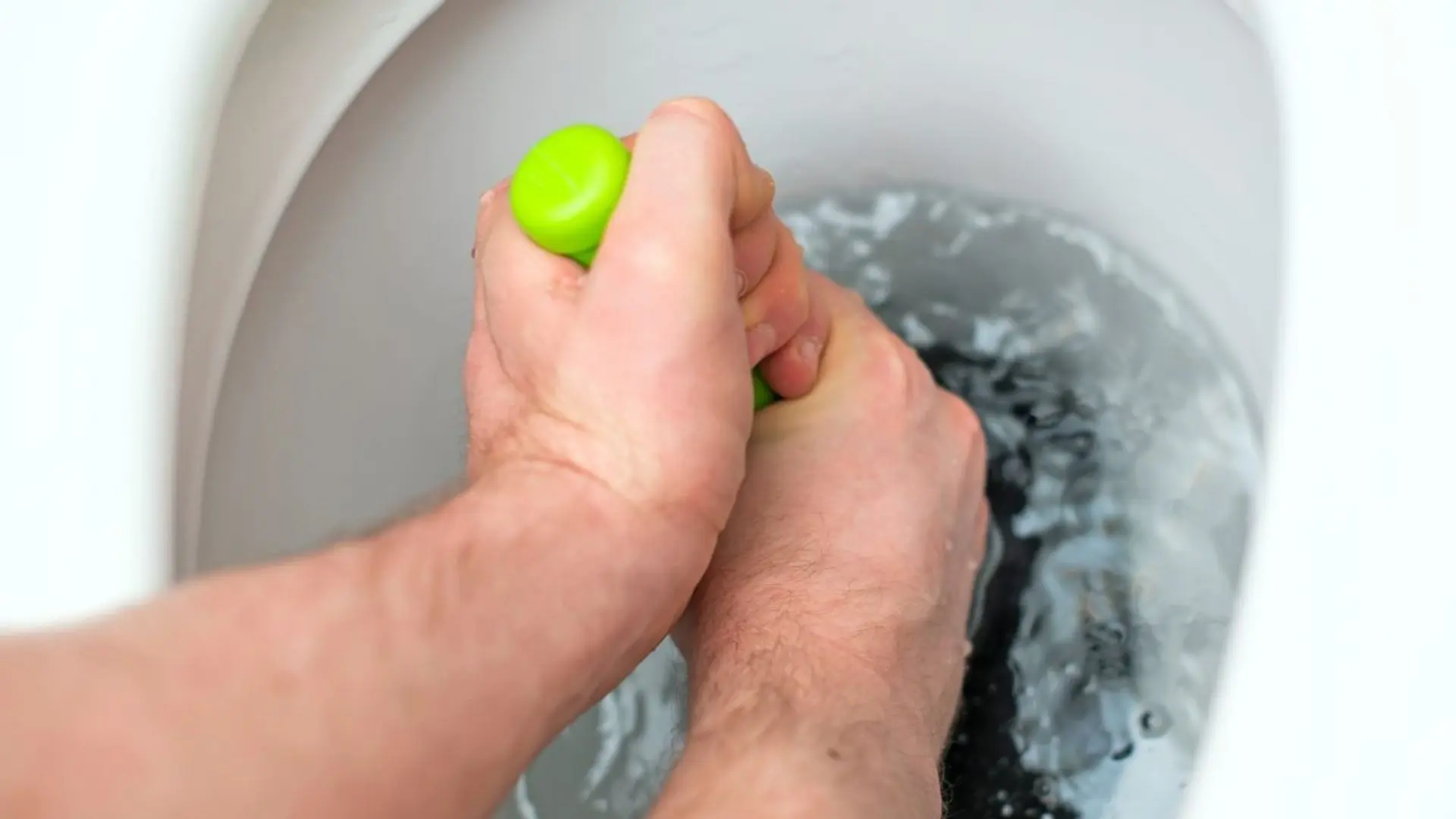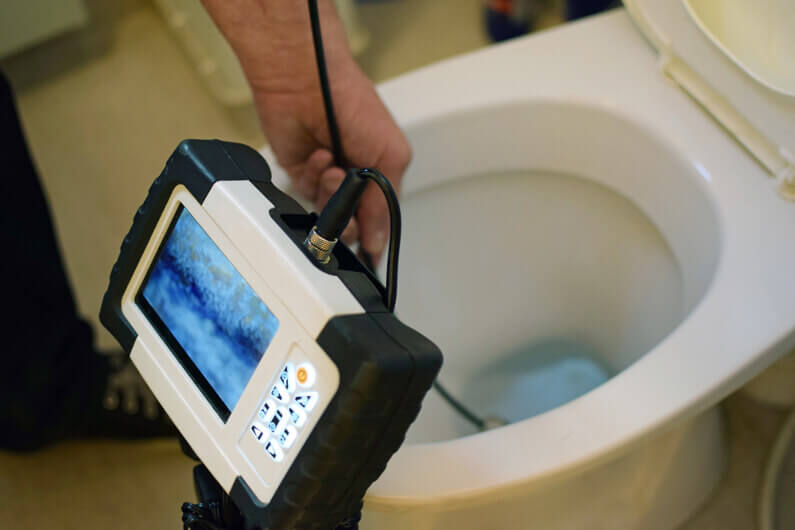How to Unclog a Blocked Drain Prior to Seeking Expert Plumbers
How to Unclog a Blocked Drain Prior to Seeking Expert Plumbers
Blog Article
We've stumbled on this post relating to 8 Tips For Clearing A Blocked Drain listed below on the web and thought it made sense to talk about it with you on this site.

Introduction
Dealing with an obstructed drainpipe can be a discouraging experience, disrupting everyday activities and possibly triggering damages to your home. Nevertheless, prior to reaching out to plumbing experts, there are actions you can require to resolve the concern yourself. In this overview, we'll explore DIY solutions and preventive measures to tackle an obstructed drainpipe successfully.
Recognizing the Concern
The initial step in attending to an obstructed drain is acknowledging the indications. Slow-moving drainage, gurgling audios, foul odors emanating from drains pipes, or water backing up prevail indications of an obstructed drainpipe. Determining these signs early can aid prevent additionally complications.
Common Sources Of Blocked Drains
Recognizing the elements that contribute to drain pipes blockages is vital for efficient resolution. Common culprits include hair, soap scum, oil, food particles, and international things like sanitary items or paper towels. Tree origins attacking below ground pipelines can additionally cause significant clogs.
Do it yourself Solutions
For minor blockages, a number of do it yourself options can be effective. Putting boiling thin down the drain can aid liquify oil and debris. Sodium bicarbonate and vinegar or a combination of salt and baking soda can serve as natural cleaners. Utilizing a bettor or plumbing snake to displace blockages is one more choice.
Devices and Equipment
Having the right devices available can make DIY drain cleaning more effective. A plunger is a flexible tool for clearing blockages in sinks, toilets, and showers. A plumbing snake or auger can reach deeper clogs, while drainpipe cleansing chemicals can be used very carefully for stubborn clogs.
Safety nets
To avoid future clogs, adopting safety nets is essential. Mount drainpipe guards or filters to capture hair and debris prior to they enter the pipelines. Consistently flush drains pipes with hot water to dissolve grease accumulation, and stay clear of disposing of oil or solid waste down the drain.
When to Call an Expert
While DIY solutions can settle small blockages, certain indications show the requirement for professional support. Relentless blockages, foul odors in spite of cleaning up efforts, or several drains supporting simultaneously are red flags that necessitate expert treatment.
Picking the Right Plumbing Service
When selecting a pipes service, think about elements such as experience, licensing, and customer testimonials. Select a trusted plumbing professional with a record of quality handiwork and transparent prices techniques.
Cost Considerations
The price of professional drainpipe cleaning services can differ depending on the intensity of the clog and the plumbing professional's prices. Demand quotes from numerous carriers and ask about any kind of additional charges to guarantee transparency and avoid shocks.
Safety and security Measures
When trying DIY drainpipe cleansing, prioritize safety and security. Put on safety handwear covers and glasses to avoid contact with hazardous chemicals or microorganisms. Never ever mix various drain cleansing items, as this can generate dangerous fumes.
Instance Researches
Real-life examples illustrate the effectiveness of DIY services and the value of timely expert treatment in settling drainpipe clogs.
Conclusion
By complying with the suggestions described in this guide, you can efficiently deal with blocked drains and stop future plumbing concerns. Whether choosing DIY options or looking for expert assistance, prompt action is key to keeping a healthy plumbing system and preserving the stability of your home.
How to Clear a Clogged Drain Yourself (And When to Call In the Professionals)
What Can Clog a Drain
Dirt Skin flakes Hair Grease Soap scum Food Offset pipes Tree roots Small objects Mineral buildup DIY Tricks to Unclog a Drain
You can fix this! Once you have identified the source of the clog (or have a vague idea), you can try one or a combination of these fixes in order to clear your plumbing.
Wire Hanger or Snake
Untangle and clear out hair from a drainpipe with a homemade snake. Use a straightened-out wire hanger with a 90-degree angle hook to locate the clog and drag out any unwanted material.
Remember not to push the clog further down to where the wire hanger cannot reach! If you need to follow up with a plunger, give it a try. Your efforts might be more successful after it’s been wire-snaked.
If you want to get fancy and don’t have a wire hanger to spare, head to the store and pick up a hand-operated drain snake. You can get one for $10-$30. It may save you the hassle, and provide additional length to reach deep into the clogged pipe.
Plunger
A cup plunger has a suction cup attached to a wooden handle. The rubber creates a seal around the drain, and increases the pressure force of the plunger.
Plunge for 30-second increments to loosen the clog. This may need to be repeated over the course of 15-20 minutes. Once plunged, run the water to flush the remaining material out of the drain.
Remember– never use a plunger if you have used a chemical drain cleaner. These chemicals can splash up from the force of the plunger and cause serious injury or burns.
Boiling Water
Hot water can sometimes break up materials into a flushable amount. Dirt, grease, and soap buildup requires heat in order to unstick from surfaces.
Take your kitchen kettle and heat your water to a boil. Once it reaches a rolling boil, pour it directly down the drain into the blockage. Carefully follow with plunging, if necessary.
Don’t worry if this takes more than one try! It can often take multiple kettles and repeated plunging in order to clear a particularly stubborn clog.
Chemical Drain Cleaner
As a last resort, pick up a bottle of chemical drain cleaner. Drain-cleaning chemicals are potent, and not very good for the environment.
You may need to wear protective eyewear in gloves before handling your bottle of chemical drain cleaner. Follow the instructions printed on the bottle, and flush with water as soon as the instructions allow. Do not follow with plunging.
Baking Soda and Vinegar
As a safer alternative to chemical drain cleaner, baking soda and vinegar can create a chemical reaction that clears tough clogs.
Combine one cup of cleaning vinegar with one cup of boiling water, and set aside. Once you have done this, pour half a cup of baking soda down the drain. Give the baking thirty seconds to settle and cover a large portion of the problem drain.
Following the baking soda, pour down your vinegar and hot water solution. Once the vinegar and baking soda combine, the mixture will bubble and fix. Let this reaction fizzle in the drain for about an hour.
After an hour, follow with a kettle’s worth of hot water. The heat and liquid should flush out any remaining material.
When to Call a Plumber
If your DIY attempts haven’t cleared your clog drain, it’s time to call in a professional. It’s not worth losing access to your kitchen sink or high-traffic bathroom. A clog in a vital area can keep you from the things you’d rather be doing, and derail your routine.
Anytime a clog is causing water to spread is a time to call in a plumbing service. What starts out as a little bit of water can quickly grow into serious, expensive water damage.
Additionally, a serious clog can result in burst pipes or serious leaks. Make sure you know when to take it seriously!
https://myguysnow.com/how-to-clear-a-clogged-drain-yourself-and-when-to-call-in-the-professionals/

I recently found that blog entry about Some easy tips to fix blocked drains when looking around the web. Sharing is caring. You never know, you may very well be doing someone a favor. Many thanks for going through it.
Book Maintenance Report this page